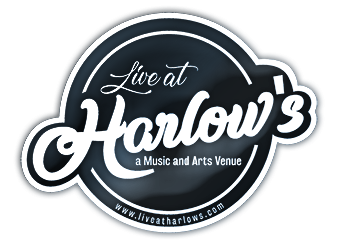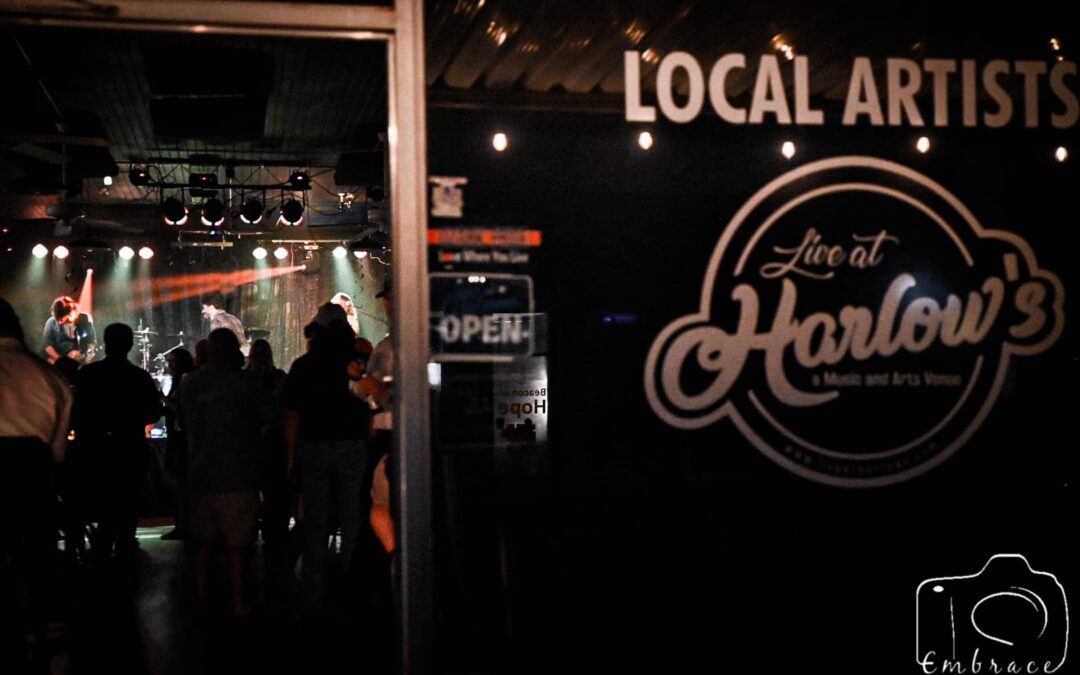In crafting this article, I want to make it clear from the outset that this is, above all, an opinion. It reflects my personal views, shaped by my conversations with numerous fellow venue owners over the past four years. That said, I’m always open to hearing diverse perspectives from others who own a venue. If you have a different take, I encourage you to share it. We’re all here to learn from one another.
So, why write this article in the first place? In a word: purpose. I aim to assist aspiring musicians and bands on their journey by sharing insights that may save them time, headaches, and offer lessons learned from my own mistakes and in this case, my experience I’ve seen as a venue owner. Successful bands make venues successful and I believe we need to revive what live music is about before venues give up on it.
Now, let’s dive into the crux of the matter: what makes a band successful from a venue owner’s perspective? To keep things concise, I’ve distilled this down to 5 easy things that I believe can significantly contribute to a band’s success. These are not revolutionary ideas and probably some you are doing them. If so, rock on. However, if not, these are for your consideration.
- Familiarity with the Venue and visiting it
Effective booking is closely tied to being aware of where you wish to perform. When bands submit their work via email for consideration at our venue (almost daily), it’s noticeable when they have not taken the time to even look at the venue, what we offer, or our purpose. Of course, we understand that some may be templated emails (not effective) or they are just fishing for work and hoping bulk submissions will land a gig but overall, do they really want to play a venue they know nothing about? Did the email actually help or hurt their reputation? In most cases, it hurts them. It shows lack of investment and in general, venues don’t respond to things readily available on their websites and get tired of answering the same questions.
Live at Harlow’s fortunately still responds to the emails as we get them because it’s important to us but it’s likely because we are also musicians and we get little response as well via email solicitations. We know how it feels! (time to change the way we communicate as musicians!).
If email has not been effective (EPK in the email?), there is a more effective option for those who are in the area of the venue. What is it? Visiting the venue you want to play.
Visiting the venue and personally connecting with staff goes a long way in building rapport. After all, a physical connection beats a string of emails any day. If you are a local band and not doing this, you are missing a great opportunity.
I vividly recall a band from Andalusia that came to see a show. Their presence left an impression because it showcased their investment in time and effort. They took the time to come see what the venue was about, likely to see if they wanted to actually play the venue (smart) rather than just sending an email.
In the process, they connected with other fellow musicians and bands in the scene.
Local bands, take the time to visit venues and become part of the “scene”. It will opens door and foster valuable networks, an asset that will surely pay dividends. I can’t stress this enough. - Song Selection for the Audience
Playing your personal favorites, obscure B-sides, or attempting to tackle an entire album may not engage the crowd as you’d hope. Song choice is pivotal and popular songs connect with people, making them sing, dance, and feel a connection.
Time and time again, I see bands perform their personal favorite and they lose the crowd every time. Was it worth it? From a venue perspective no. From a crowd perspective, no.
As an example, take my own band The Rock Mob. We meticulously curated our setlist by referencing Billboard charts, streaming services, and other resources. As a result, most every song we play resonates with our audience. It’s a simple formula that pays dividends in more ways than you can imagine. No more arguing over if Krokus will go over in a crowd! if it was not in the top 20, it probably won’t go as good as we expected. LOL.
It’s important to note that a popular hit song will get you 80% of the way in terms of engagement but don’t underestimate the importance of performing it well. Straying into songs that surpass your band’s abilities won’t leave a favorable impression.
We all know that one karaoke singer who attempts an impossible song, and it usually ends terribly. Please, don’t be that musician. Stick to your strengths and choose songs that your band can confidently deliver.
- Entertainment Factor
Talent is undoubtedly essential, but it’s just one aspect of being a successful band or musician. The stage is your platform, and you’re an entertainer as much as a musician. To quote Ken Kirkland’s favorite statement, “people hear with their eyes.”
A technically flawless performance can still fall flat if the band members are glued to their instruments, phones, or tablets, disengaging from the crowd.
To gauge your success, look at your audience. If they’re seated or absorbed in their phones, you might have missed the mark. Music is about sharing and having fun, so let loose, rock out, and connect with your audience. Embrace the inner rockstar within you; it’s what people expect and appreciate. Smiles are contagious, and there’s no harm in enjoying yourself onstage. - 5. Be Genuine, Humble, and Kind:
Common sense but I want to emphasize the importance of being a good person. Some of the most successful bands I’ve seen have risen to the top because they’re genuinely great humans. They steer clear of drama, support everyone around them, and don’t flaunt themselves as the best in the area. They value the connections they make with people and venues, and their fan bases continue to grow as a result. It’s a simple formula: talk to your fans, let them know they matter, and thank them for their support. - 6. Promote and sell product
A band’s role is to entertain but most importantly, make a venue money to pay for you.
Contrary to popular belief, most live music venues have little margins to even pay for a band. The expenses to run a venue is high and frankly why many live music venues have closed or no longer book bands.
Breaking it down, it’s simple: the more you sell products and encourage your fans and spectators to buy products, the more the venue will value you and the more valuable you become. As a musician, we tend to value ourselves on how much money, practice, time, and equipment we bring to the table. Matter of fact, we demand venues to pay us because of all that hard work and investment. Unfortunately though, none of that matters to a venue. It just doesn’t. As an example, a solo artist or duo that brings 2x the amount of people to a show buying product is more valuable than a full band with pink floyds laser light show that brings 10 people. It’s ugly, but it’s the truth and something which should encourage all bands rather than upset them. Up the sales game and be on target to grow your real value from a venue perspective, or not… but don’t get mad at the venue for your growth or for them doing what is good for their business (please).
In closing, venues want bands to succeed because successful bands mean successful venues. In today’s music industry, understanding your role and collaborating effectively with venues can pave the way for mutual success. I can personally attest to many bands who have taken on these exact mindsets and have expanded from small shows with ok attendance to large shows with amazing attendance and a large fan base. Rock and roll may be about rebellion but business and growth is about being smart and understanding the landscape and where you fit. I hope these opinions will provide some perspective and serve you on your path to rock ‘n’ roll success. Rock on!
Come visit us at Live at Harlow’s, we’ve got Live Music showcases throughout each month.

